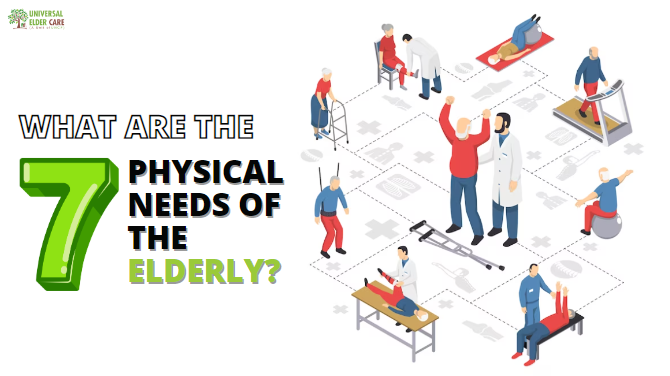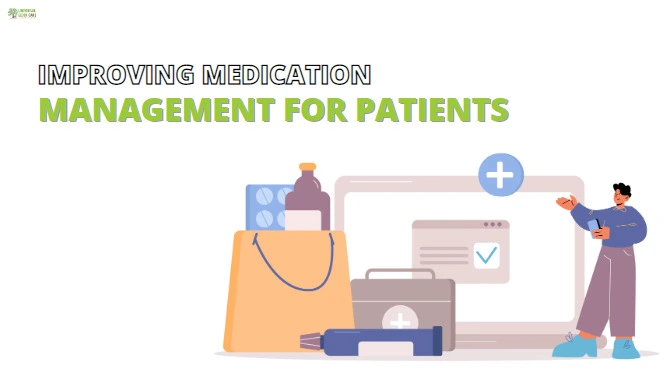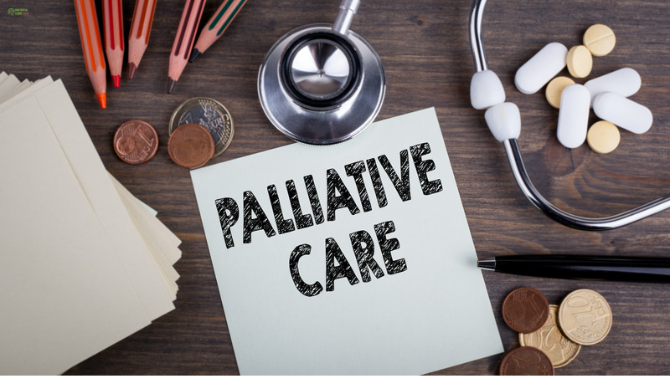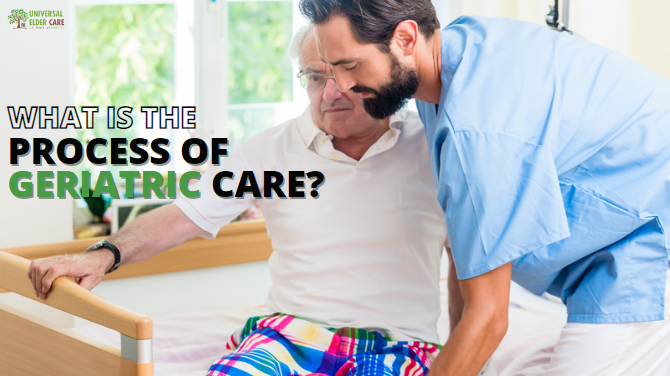What are the 7 physical needs of the elderly?

Meeting the Physical Needs of the Elderly: A Vital Aspect of Care
As individuals age, their physical needs may change, requiring specific attention and support. Understanding and addressing these needs are essential to promote the health, well-being, and quality of life of older adults. In this blog, we will explore the seven key physical needs of the elderly and highlight their importance in providing comprehensive care.
-
Nutritional Needs: Proper nutrition is crucial for maintaining good health in the elderly. As metabolism slows down and nutrient absorption becomes less efficient, a well-balanced diet rich in vitamins, minerals, and protein is essential. Caregivers should ensure access to nutritious meals, address dietary restrictions or allergies, and encourage hydration to support optimal physical health.
-
Medication Management: Many older adults have complex medication regimens to manage various health conditions. It is important to ensure that medications are taken as prescribed, in the correct dosage and at the right time. Caregivers play a vital role in organizing medications, providing reminders, and coordinating with healthcare professionals to prevent medication errors and adverse reactions.
-
Regular Exercise: Physical activity is crucial for maintaining strength, flexibility, and mobility in the elderly. Engaging in regular exercise helps improve cardiovascular health, muscle tone, and joint flexibility. Caregivers can support older adults in incorporating appropriate exercises into their daily routine, such as walking, stretching, or low-impact activities, to enhance their overall physical well-being.
-
Sleep and Rest: Adequate sleep and rest are vital for the elderly to promote physical and mental rejuvenation. Caregivers should ensure a comfortable and peaceful sleep environment, establish regular sleep patterns, and address any sleep disturbances or disorders. Sufficient rest enhances immune function, improves cognitive abilities, and supports overall physical health.
-
Pain Management: Chronic pain is prevalent among older adults and can significantly impact their daily lives. Effective pain management involves understanding and addressing the unique pain experiences of each individual. Caregivers should collaborate with healthcare professionals to develop personalized pain management plans, which may include medications, physical therapy, alternative therapies, or lifestyle modifications.
-
Personal Hygiene: Maintaining proper personal hygiene is essential for older adults' physical well-being and dignity. Caregivers should assist with activities such as bathing, grooming, oral care, and toileting. They should ensure a safe and clean environment, promote regular hygiene practices, and address any challenges or discomfort related to personal care.
-
Regular Health Check-ups: Regular health check-ups are crucial for early detection and management of health conditions in the elderly. Caregivers should schedule and accompany older adults to medical appointments, facilitate communication with healthcare professionals, and ensure follow-up on recommended screenings, vaccinations, and treatments. Regular check-ups enable timely interventions, promote preventive care, and contribute to overall health maintenance.
Addressing the seven physical needs of the elderly, including nutritional needs, medication management, regular exercise, sleep and rest, pain management, personal hygiene, and regular health check-ups, is fundamental in providing comprehensive care. By understanding and meeting these needs, caregivers can support the physical well-being, functional abilities, and overall quality of life of older adults, enabling them to age with dignity, comfort, and optimal health.



